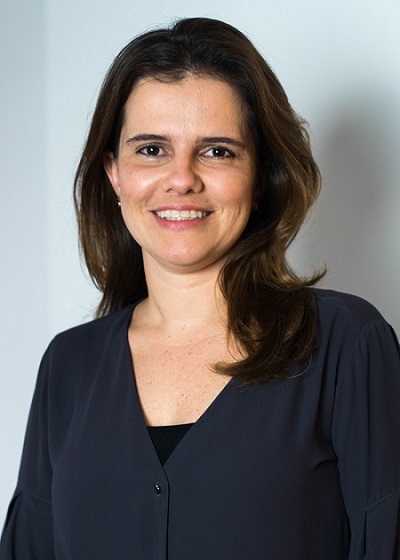Ana Carolina Weber
Why have you decided to specialise in ADR? What attracted you to this area of law?
On my first day at Law School my Civil Law Professor asked all the students what they would like to work with. I told him: with multinational companies. I loved the idea of multiculturalism, exchange of ideas, possibility to live in different countries. At the end of Law School, I took an exam and started working at the public service, at Brazilian Federal Courts. However, that system was not for me. I needed something from which I could see a result and fairness. As I have been taking part of arbitration studying groups since the second year of Law School, I quit my job and started at a law firm working with arbitration.
What do you consider to be the biggest challenge in your career as a female practitioner in arbitration/ mediation?
To be heard and seen for the quality of my work.
What do you consider as the biggest challenge for the ADR in the future?
The quality of the arbitrators, the quality of the awards and the respect – both from lawyers and arbitrators – to the parties’ rights and money spent in the arbitral procedures.
Are there any interesting developments in the field of ADR in the jurisdiction you are based in?
If you had a time machine, what piece of advice would you give to yourself at the beginning of your career in ADR?
Take your time, pace yourself and take breaks. Work is important, career matters, but life is more than this. When I was 27 years old, I was diagnosed with lymphoma, a type of cancer that in my case could be cured. After all the treatment and being well again, I have been realizing that life is an opportunity and we should try to get the most benefits from it: for me is all the good energy and the good and happy experiences that it has provided me. So, to be a good professional in ADR focus in your whole wellbeing.
What do you consider to be your biggest achievement in the field thus far?
Having my own voice and the awareness that I can debate and discuss with quality in any arbitral tribunal or against any opposing counsel.
If you could meet for a dinner a famous person, dead or alive, who would that be?
Chistopher Columbus. I would like to ask him how was the decision to enter in an expedition to the unknown, how he has chosen his peers, what were the qualities that he aimed at the people who would travel with him, how was discovering the new land, how they were received and how they treated the people. Also, why did they think the colonizers were “superiors” and what, in his heart, he would wanted to happen to America (the continent as a whole).
